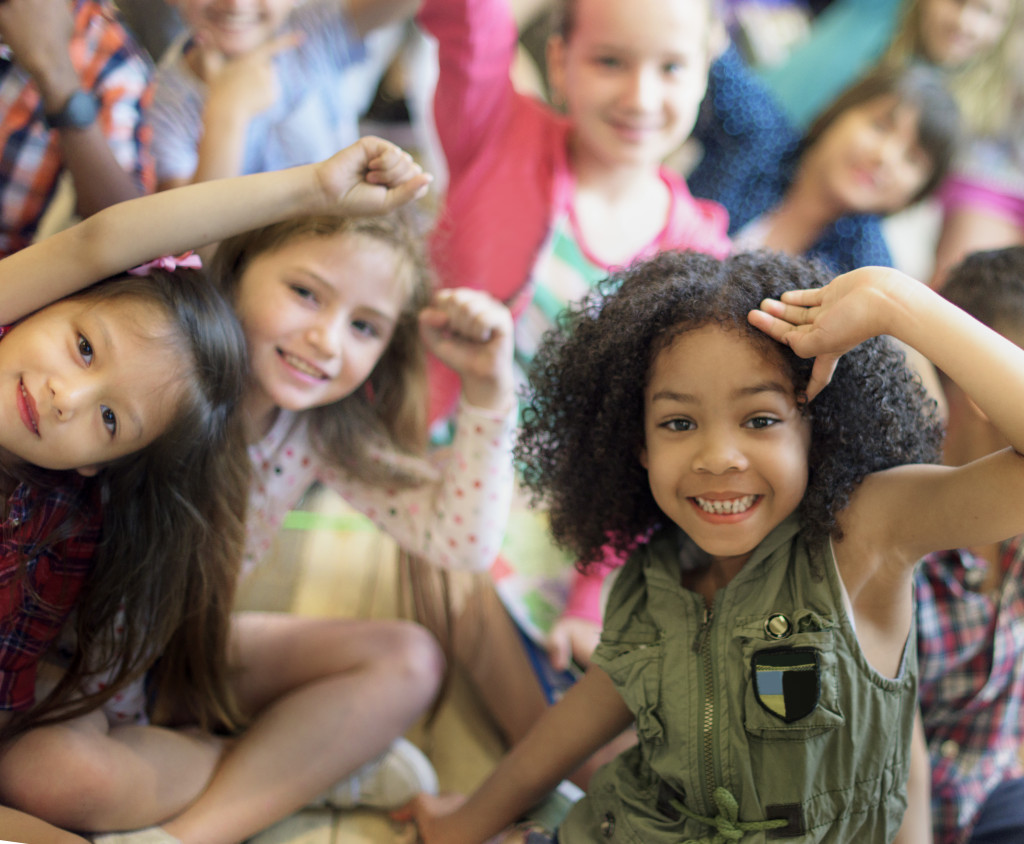- Provide youth with access to quality education, such as Montessori schools, tutoring programs and job-training courses.
- Encourage recreational activities like team sports and performing arts that help build social and physical skills.
- Offer volunteer opportunities and mentorship programs to foster empathy and give youth access to meaningful guidance.
- Attend conferences to help young people develop knowledge, communication and networking abilities.
The importance of nurturing young people in the community cannot be overstated. From a social and economic standpoint, successful children are essential to a thriving society. As such, it is critical to provide youth with the necessary resources and support to help them reach their full potential. This article will explore how the community can nurture its youth by focusing on three main areas.
Academic Excellence
Having access to quality education is one of the most important ways for a child to set themselves up for success. This could include providing opportunities for advanced learning and extracurricular activities that build on their learning in school.
Montessori Schools
One of the best ways for children to receive an excellent academic experience is through enrollment in a reliable Montessori school. These schools employ unique educational models that focus on student-led exploration rather than traditional teaching methods.
Children at this type of institution benefit from hands-on experiences that encourage self-reflection and creative thinking skills while also helping them build discipline, concentration, and problem-solving abilities. Additionally, research has shown that students enrolled in Montessori schools have higher GPAs and standardized test performances than their peers in traditional classes at other schools.
Tutoring Programs
In addition to formal schooling, tutoring programs can be essential in providing students with extra academic assistance as needed. These services often offer specialized help tailored toward specific subject areas or age groups so kids can receive personalized instruction from qualified professionals outside their regular classroom setting. This allows them to receive the extra guidance they need when faced with challenging topics or concepts, which can ultimately improve their academic performance over time.
Recreational Activities
Providing quality recreational activities is another way for communities to promote youth development and well-being. These outlets serve as fun escapes for kids and foster essential life skills.
Furthermore, participation in these events helps create meaningful connections between children, encouraging positive social behavior while promoting physical activity, creativity, and imagination.

Sports
Little leagues and other organized sports programs offer children the chance to engage in athletic competition with their peers. Team sports teach important lessons about leadership, responsibility, and perseverance while also providing a healthy outlet for physical activity.
Performing Arts
Getting involved in performing arts is another great way to help children develop their creativity, problem-solving skills, and interpersonal communication. Programs such as theater, music, or dance offer students the chance to explore their artistic expression while also receiving valuable experience in public speaking, stage presence, and performance.
Volunteer Opportunities
Volunteering is another excellent way for youth to explore their interests, gain experience, and develop social skills. By dedicating a portion of their time to giving back to the community, children are able to learn more about its culture and values while also strengthening their empathy and compassion.
Mentorship Programs
Mentorships are another valuable tool that can aid youths’ growth by providing support inside and outside school settings. A mentor acts as an advocate who provides advice regarding academics, relationships, work opportunities.
Mentorships give young people access to meaningful guidance throughout various stages of their lives, which can make all the difference when facing difficult decisions or significant life changes. Moreover, having access to an understanding adult role model serves not only as someone who listens but also lends perspective while helping them identify strengths they never knew they had.

Training Programs
Job-training programs can be beneficial in helping young people learn valuable skills that will benefit them later in life. These courses teach essential knowledge such as the basics of starting a business, balancing finances and budgeting, or computer literacy.
This type of education provides youth with the tools they need to ultimately secure a stable career, thus helping them become more self-sufficient and contributing members of the community.
Conference
Annual conferences are another great way for communities to offer young people the opportunity to learn and grow. These events will bring together experts in various fields to share knowledge and opinions on various topics.
This gives participants access to invaluable resources that provide insight into the current state of their community and the world at large. Additionally, attending conferences can help strengthen their communication and networking abilities, which could prove immensely helpful when job searching or continuing education in the future.
In conclusion, nurturing today’s youth requires dedication, patience, and resources, including academic excellence, recreational activities, and mentorship programs. Together, these approaches can help children become well-rounded individuals who have acquired essential knowledge, soft skills, strength of character, and confidence — all invaluable tools that will serve them far into adulthood.

